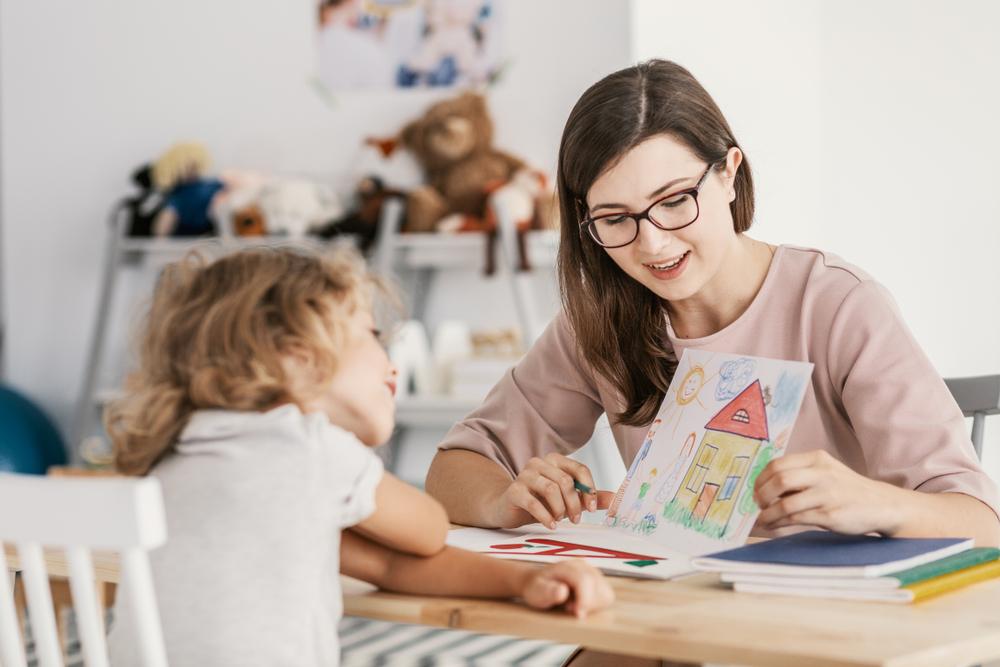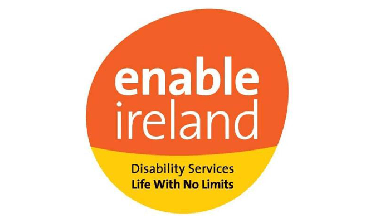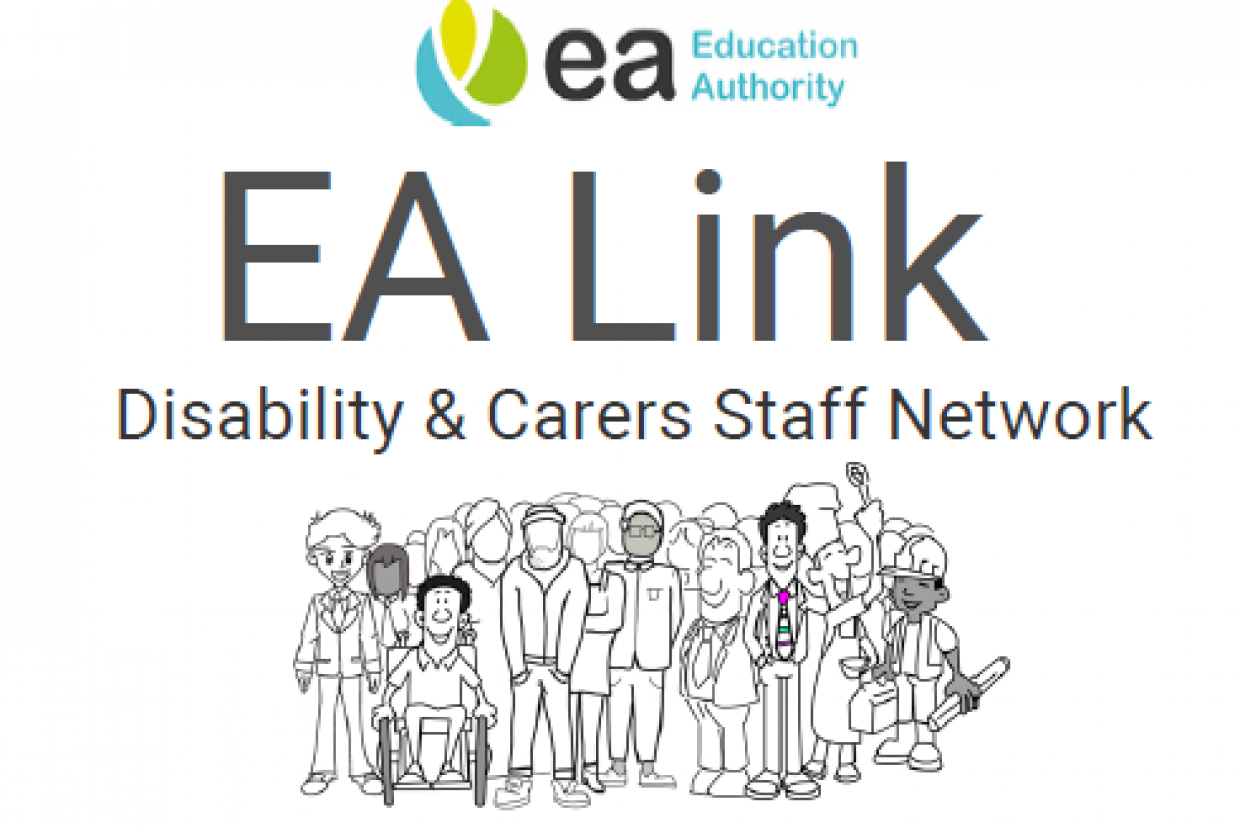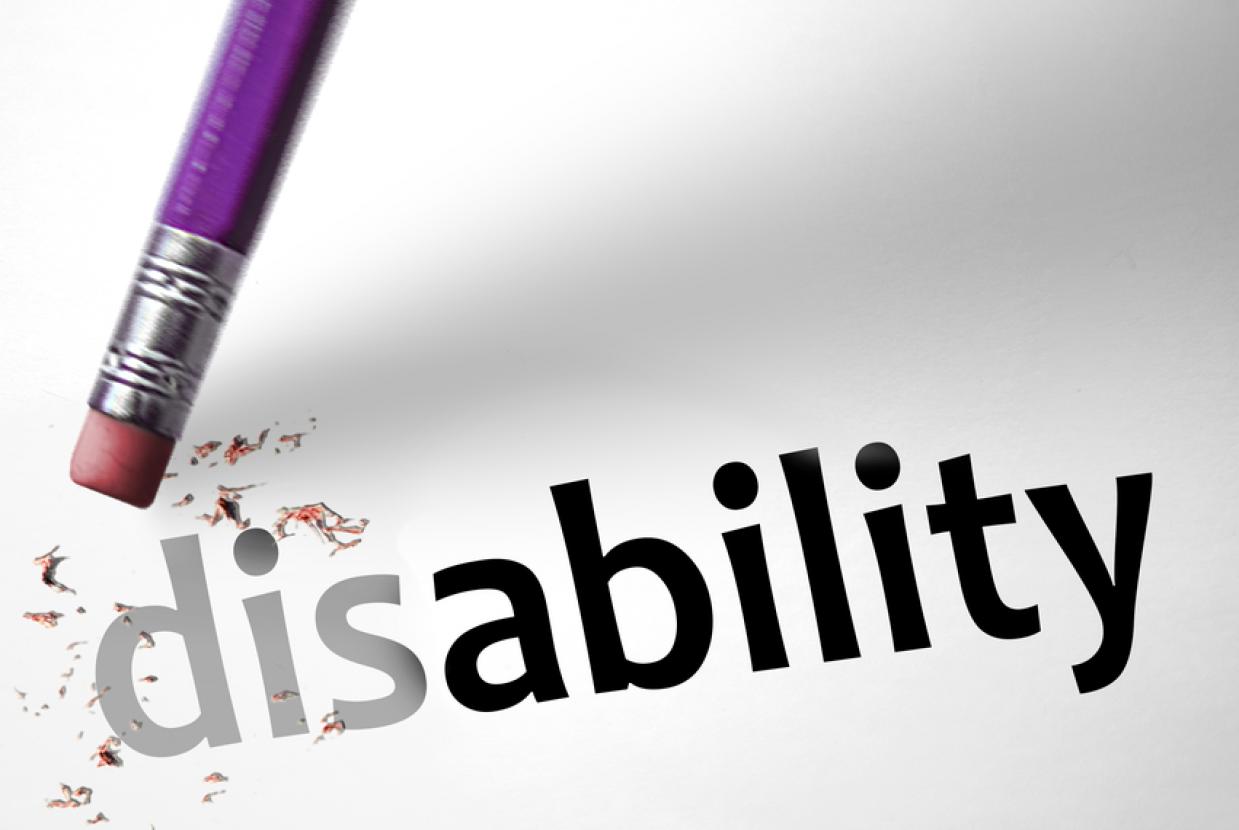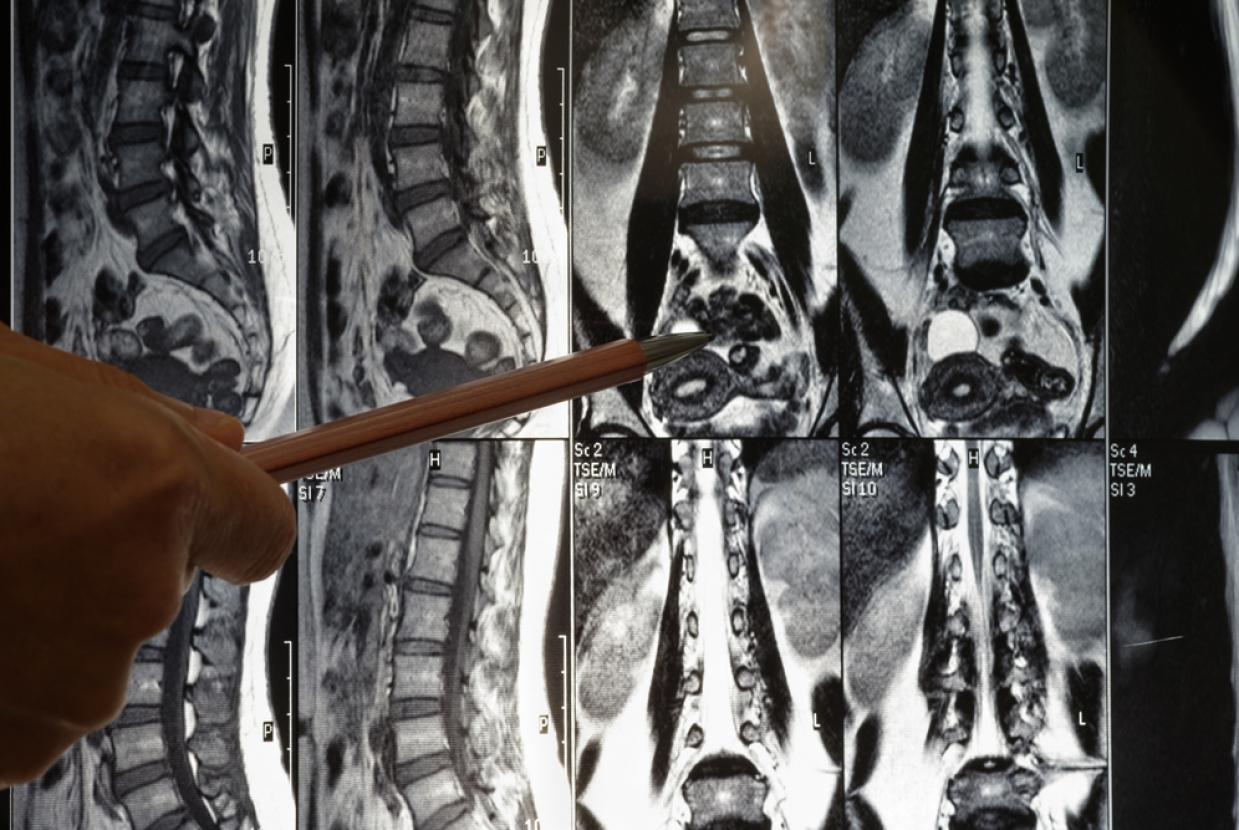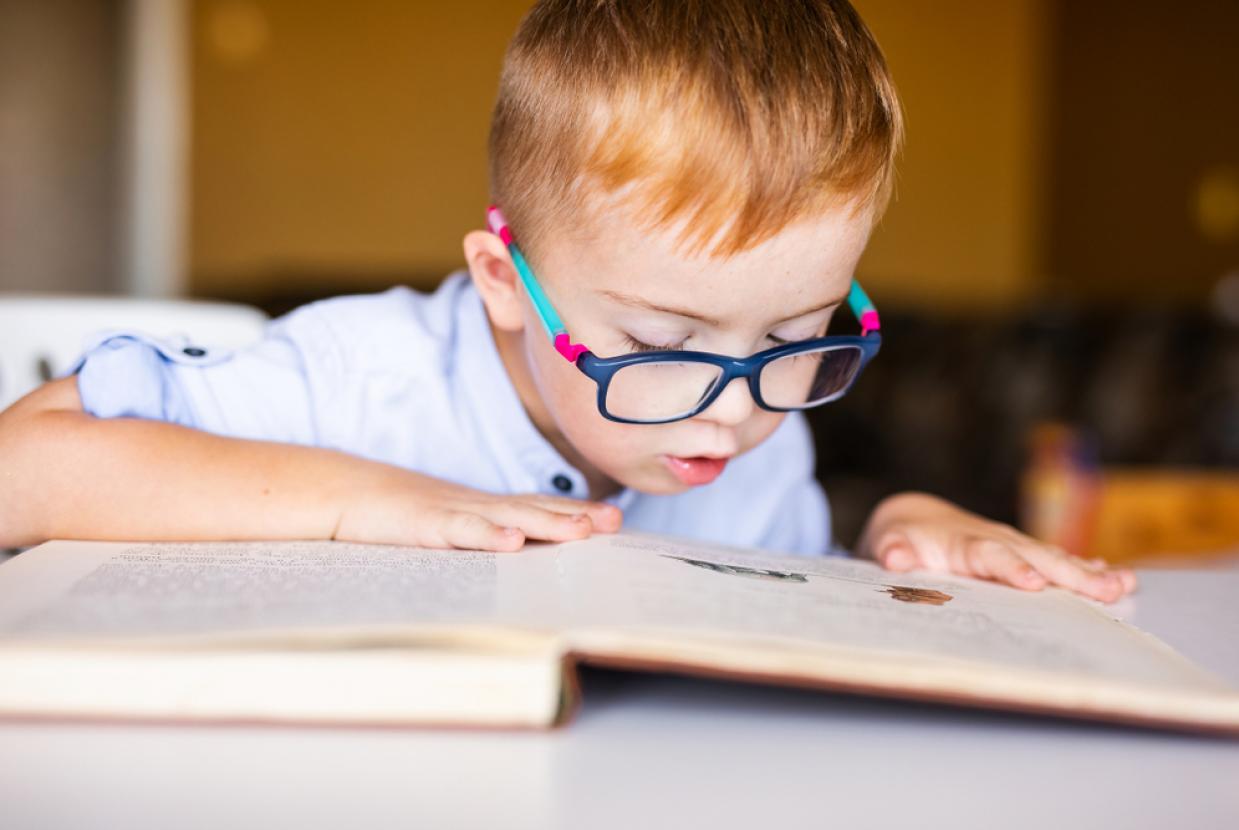Getting a Diagnosis
Generally, a Psychologist in conjunction with parents and sometimes other professionals (e.g. Paediatrician, Speech and Language Therapist or Occupational Therapist), will do a variety of assessments and interviews to determine that a child meets the criteria for a global intellectual disability.
This may involve formal testing where a child’s learning is assessed. Learning in this case can include problem solving, reasoning, planning, academic learning and learning from experience. To assess this, the child will be asked to complete several tasks and tests with the psychologist.
Those results are then measured against a group of the child’s peers. It is not always possible to do formal testing, particularly if a child is very young or has complex needs. In addition, a child’s adaptive behaviour and development will be assessed and measured against his or her peers.
Adaptive behaviour is a person’s functioning in daily life activities, including communication, social participation, progress at school or preschool and personal independence at home or in the community.
During this time a Psychologist may interview parents, ask them to complete questionnaires and may also visit a preschool or the home to assess how the child is progressing. Once the assessment is completed a Psychologist will provide a report with all the results, a conclusion and recommendations.
This will indicate your child’s current level of functioning. This can also explain what their strengths and weaknesses are and how best to support them. An overall score may indicate that they fall into a particular category of intellectual ability – Mild, Moderate, Severe, Profound.
A profile where a child has big differences between their strengths and weaknesses may mean it is not possible to give an overall score. The assessing Psychologist will be able to discuss questions you might have about your child’s results. Given that children develop and progress at different rates it is often useful to have your child reassessed after 18 months to 2 years. This will ensure that they continue to be supported appropriately.
An assessment can be accessed through NEPS (Psychologists employed by the Department of Education who service schools in Ireland), Enable Ireland or the 6-18 Children’s Services Disability Team.
What does an assessment of learning disability mean for my child’s future?
This is a very difficult question to answer and particularly for children under six years it is unwise to predict too far in advance. As with all children they develop at different paces and have different strengths, needs, interests, fears and hopes. Therapists and doctors may be able to assist with explaining what their specific needs are and how they may progress but, given the many different factors involved, will be cautious in saying how the future might turn out.
It is important to remember that learning is just one part of your child’s development and that all children need support, love and guidance to develop to their potential.


